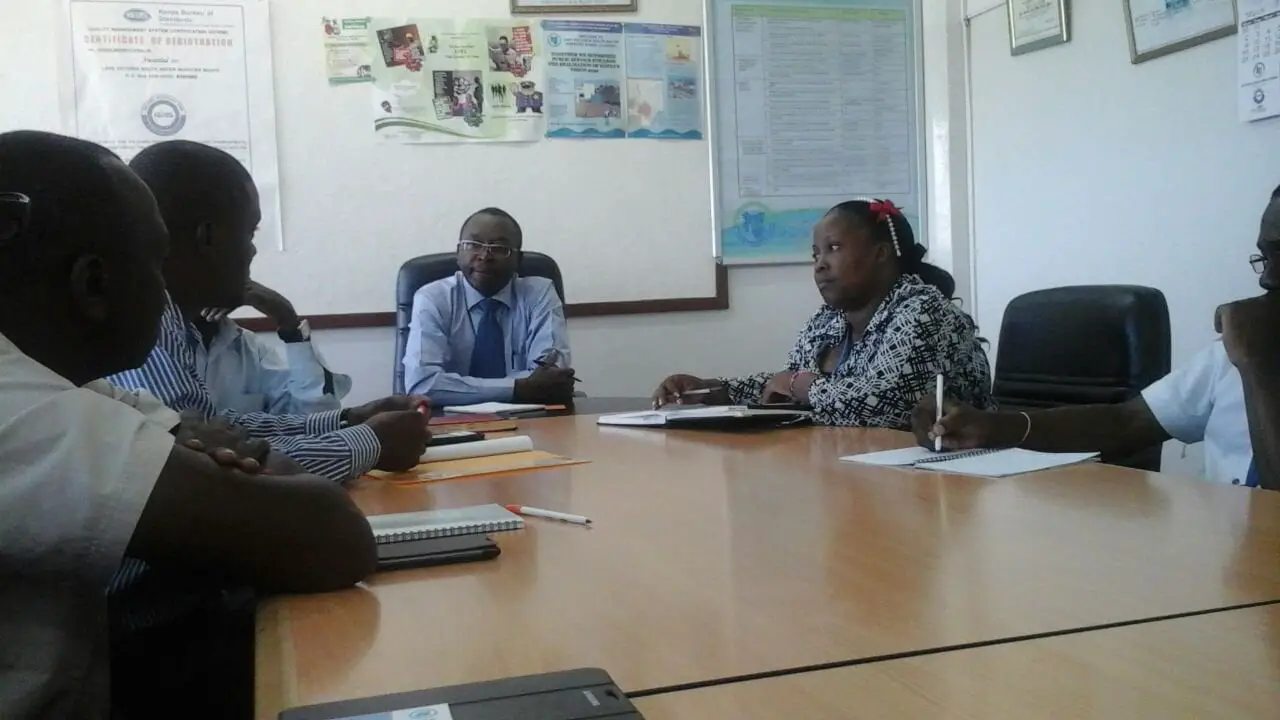[ad_1]
Initially, this column was going to be an open letter to Uhuru Kenyatta and Raila Odinga, the two undisputed titans of Kenyan politics.
But I changed my mind because although they birthed the Building Bridges Initiative, it no longer belongs to them. BBI, as it’s pithily known, now belongs to — and is owned by — the Kenyan people.
That’s because whether some politician with a god complex likes it or not, BBI will redefine our politics. So let’s divorce the initiative from its initiators and look at the project’s merits. Immaculate conception isn’t necessary for a historical event to become great. That can only be determined by the fullness of history. Only one question matters — is BBI good for Kenya?
First, let’s give credit where it’s due. Let’s applaud Mr Kenyatta and Mr Odinga for coming together to defuse the crisis that gripped Kenya after the last elections.
I shudder to think what would’ve happened had the two leaders held fast to irreconcilable positions. Folks forget that it doesn’t take much to eviscerate a post-colonial state, especially of the African variant. Don’t look far — Somalia, Rwanda, Burundi, Uganda, Ethiopia, Sudan, South Sudan, and DRC are chilling reminders.
The bigger tragedy is that once an African post-colonial state — which I’ve called humpty dumpty — goes over the cliff, it’s virtually impossible to snatch it back. This is historical fact, not empty bloviation.
I am an astute student of the law and the African state. In my lifetime, I have seen many an African state collapse with devastating consequences.
We stared at the precipice after the 2007 elections. We almost lost Kenya. Most Kenyans will have no place to go if the country goes to the dogs. Most of those shouting from the rooftops against BBI are scared that the initiative might stop them from looting the state. These are the same maggots that have sucked the country dry. They opposed the 2010 Constitution. Others carelessly call for “revolution.” These are no different from prior coup-makers — like Idi Amin and Mengistu Haile Mariam — who devastated African states in the name of “revolution.”
Third, there’s separation anxiety within the Kalenjin political elite allied to DP William Ruto because they believe that BBI will put asunder the Kikuyu-Kalenjin diarchy that has lorded it over Kenya since 2013.
This is akin to the separation anxiety of Siamese twins. Separate them and both will probably die.
Mr Ruto has worked overtime to buy a good percentage of the elected Kikuyu elite. He spends every weekend — and most weekdays — in Kikuyu country splashing cash in churches and “development” functions.
With him, usually, is a shrill coterie of Kikuyu leaders. BBI threatens to turn this gargantuan political heist into naught. There’s no other way to explain Mr Ruto’s bitterness and Senator Kipchumba Murkomen’s ungoverned anger.
Fourth, I don’t think BBI is a diktat from holy men or a guillotine-wielding monarch. In my view, the document is an invitation to a national conversation about the future of Kenya.
In it, I find some very appealing antidotes to what ails the country. It seeks to deepen devolution, curb runaway corruption, tame raging ethnic exclusion, address the use of gender as a weapon against women and girls, and remove many of the cobwebs in the 2010 Constitution. It can be improved in several areas, including protecting the Judiciary from the Executive and the Legislature.
I think it doesn’t do away with the top-heavy elective positions. Or adequately address electoral malfeasance. This can be done in the next draft.
Fifth, a lot of ink and oxygen have been expended over BBI’s proposed structure of the executive. Some critics, who believe that Mr Kenyatta promised them the presidency in 2022, have panicked. They think Mr Kenyatta wants the PM slot in the new structure with Mr Odinga as the President. I don’t have inside information but it beats logic why Mr Kenyatta would want to do a Putin. It would completely vacate any legacy he might build.
As for Mr Odinga, I don’t see why anyone would begrudge him another shot at the presidency, if that’s what he wants. But the new executive structure should defuse ethnic antagonism.
Finally, some MPs and the Ruto-allied political wing want BBI brought under the purview of the legislature. This is utter nonsense. BBI didn’t originate there and isn’t a draft law. It’s a political initiative of the executive. As such, I expect the executive to subject it to a plebiscite, or a referendum.
Let the people debate it and decide its fate. Mr Ruto and his ilk shouldn’t be afraid of direct democracy. Taking it to the legislature would only neuter and cannibalise it.
Let me end with this — re-engineering the African state is a delicate and arduous task. Let’s give BBI a chance to show us if that’s possible.
Makau Mutua is a SUNY Distinguished Professor at SUNY Buffalo Law School and chairman of KHRC. @makaumutua.
[ad_2]

















































